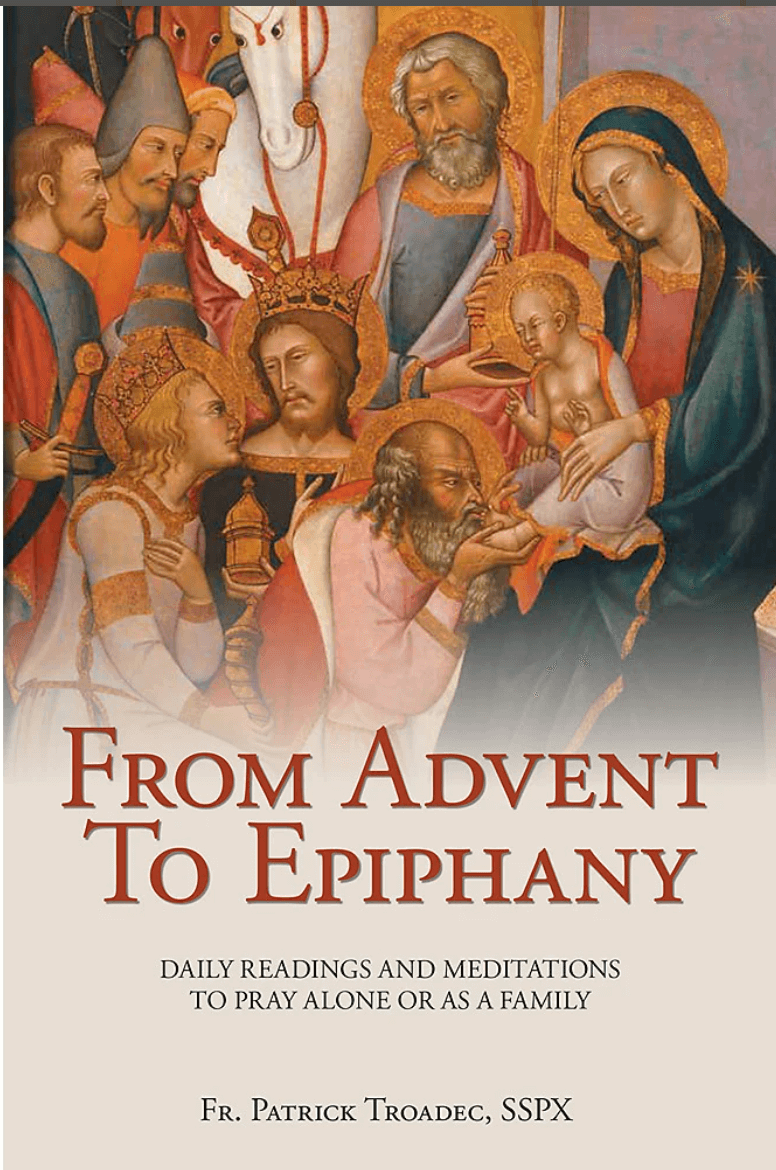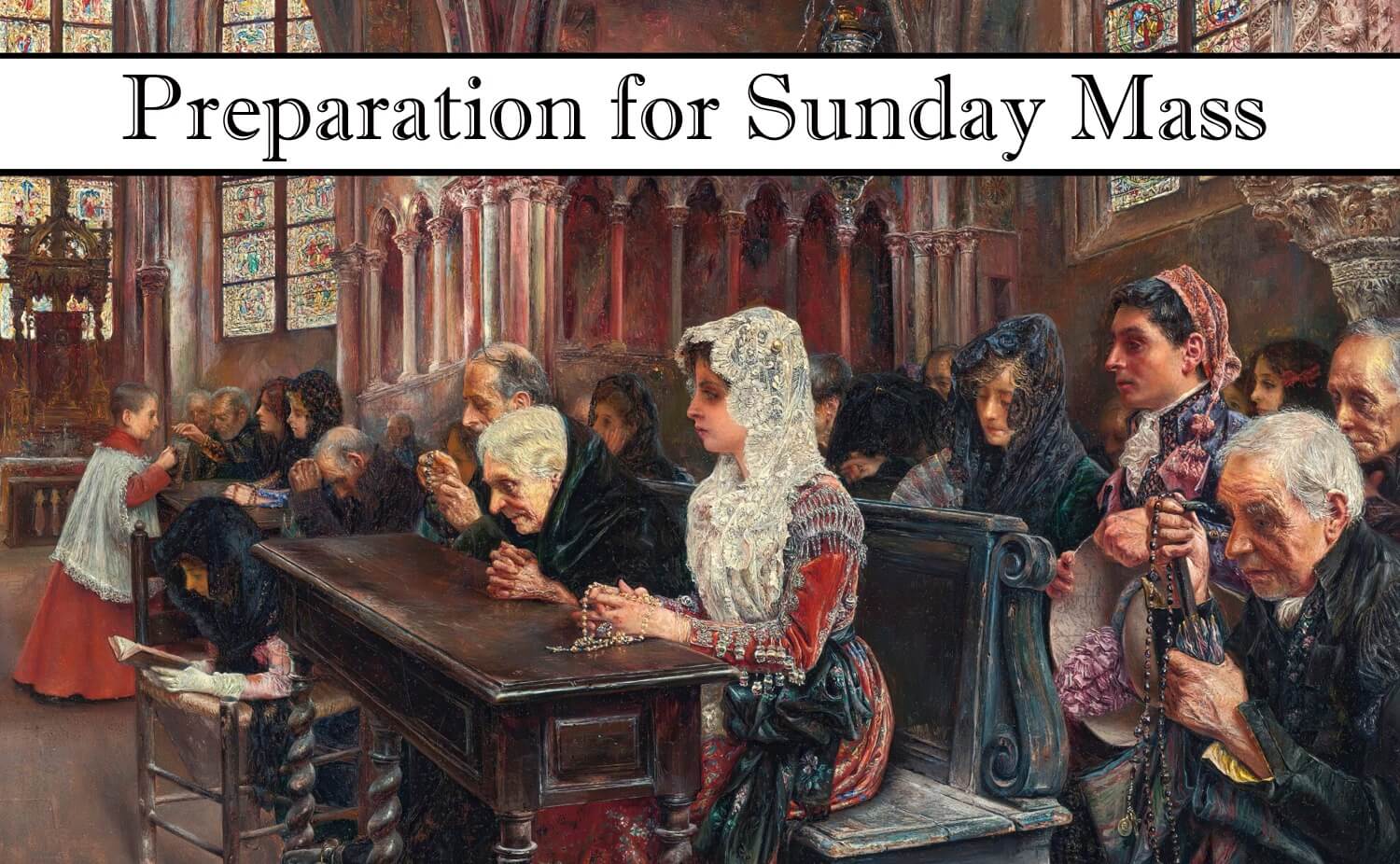Do you remember doing Venn diagrams in elementary school? Overlapping circles to demonstrate how different sets of things share common traits? Perhaps children today don’t do that sort of thing, except maybe to reinforce triggers and pressure them into thinking about how exclusionary and racist “other” people are. In any event, in our Gospel passage on Sunday we have a kind of chronological Venn diagram. In the ancient world there were no calendars in the modern sense. Providing a written account of a precise date was, therefore, trickier than it is now.
The Gospel of this 4th Sunday of Advent attempts to provide a date for when John the Baptist was preaching near the Jordan. Luke 3 begins with a list of political figures and the year of their reign. Knowing that the Roman Emperor Tiberius was in his 15th year of power (hence, anywhere from AD 26 to 30 depending on how we calculate Tiberius’ acquisition of power), and, at the same time, Pontius Pilate was governor of Judea and Herod Tetrarch of Galilee, even as Herod’s brother Philip was Tetrarch of Ituraea and Lysanius of Abiliere, in the year when Anna and Caiaphas were High Priests, all these moments overlapping – still inexactly – this is when “the word of God came to John” and he went about preaching Isaiah’s end time prophecy of the coming of Lord.
While providing an exact date isn’t possible even doing this, the point being made by the Evangelist is that what follows really happened. It is historical fact, not fiction. Just as important as the time frame suggested by Luke’s Venn diagram, the names themselves establish the tenor of the time in the Holy Land and the world: these were severe rulers, some cruel. They were anxious days, which fueled people longing for the Messiah – in their imagination a Priest King to throw off the yoke of foreign oppression and usher in a new age, to build back better.
John is preaching and baptizing at the Jordan River. He says,
As it is written in the book of the words of Isaiah the prophet, The voice of one crying in the desert, ‘Make ready the way of the Lord, make straight His paths. Every valley shall be filled, and every mountain and hill shall be brought low, and the crooked ways shall be made straight, and the rough ways smooth; and all mankind shall see the salvation of God.’
John says this where the twelve tribes crossed the Jordan to enter the Promised Land after their generation of wandering. The reference would not have been lost on Jews of the 1st century. Not only is John the new Elijah, so-called by Jesus Himself in Matthew 11, prophesied to return as Precursor before the coming of God and the establishment of the heavenly City, John is foretelling the arrival of a new Moses. The language of Isaiah would have hearkened not only to back to the original Exodus of the twelve tribes from Egypt, but would have also looked forward to a new Exodus, with a new Moses who would bring together again the ten tribes lost in the Assyrian Exile (8th c. BC) with the two which returned from exile in Babylon (6th c. BC). Moreover, in the Book of Baruch, the prophet describes:
For God has ordered that every high mountain and the everlasting hills be made low and the valleys filled up, to make level ground, so that Israel may walk safely in the glory of God. The woods and every fragrant tree have shaded Israel at God’s command. For God will lead Israel with joy, in the light of his glory, with the mercy and righteousness that come from him.
One picks up in this the echo of the paradise lost by Original Sin, a shaded fragrant place of refreshment, the Garden restored. This is not out of line. Through Isaiah, as in chapters 11 and 65, we have a foreglimpse of the new garden, where the leopard will lie down with the kid, the lion will eat straw like the ox. Hence, the one to come will be, in addition to a new Moses, leading a new Exodus into a new Promised Land, but also the new Adam, who will restore the new paradise of the garden which was lost.
That will be then. One day the lamb will lie down with the wolf peacefully. If he does so today he won’t get much sleep. A darkly humorous analogy for the relationship between today’s bishops and the faithful who desire Traditional sacred liturgical worship?
No wonder John drew such enormous crowds out of the city and into the wilderness. No wonder the Scribes and Pharisees questioned him. His scripture-charged clarion call must have fired their imaginations and hopes, their inmost desires. John opened hearts with his preaching which led to repentance and penance.
If John’s word fired the people then, do they no longer? “Every valley shall be filled, and every mountain and hill shall be brought low, and the crooked ways shall be made straight, and the rough ways smooth.” In these words we have not just the physical path by which the Lord will come. They could also be an image of the terrain of the soul. In the way that Fathers of the Church might have, we can drill into the symbolism of the images, as Origen (+ c. 253) did. He interpreted Isaiah’s way to be interior, within, the straight or crooked way being in our hearts.
What could the “valleys” of our minds and hearts be? Attachment to lower things, the earthly rather than the heavenly. Perhaps we find ourselves in the depth of our valley, a dark place where sun doesn’t ever arrive, called timidity, because we are afraid to give up those earthly things for the sake of something higher. I wonder if it is a coincidence that some sharply steep-sided vales in, say, Appalachia, are called “hollows” and are pronounced “hollers.” These valleys must be filled in, the shadowy places brought into the light through a spirit of “I can – I shall,” rather than a hollow holler “I can’t – I dasn’t.” When the Lord comes, He’ll drag you into the light whether you tried to get there or not.
In contrast, what other are the “mountains” that must be brought down, but self-conceit and pride? If timidity leads to paralysis, pride leads to incorrigibility. The proud will not be corrected or guided. Their hearts imitate the rock the mountain is made of. This mountain must be brought down, rock by rock. Apply the crowbars and dynamite of examinations of conscience and acts of penance now. When Christ comes, he won’t need tools. BAM! You are going down.
The “crooked path” must be made straight. Serpents move with twisty turns and so does the hypocrite, the duplicitous. One iteration of interior crookedness is outward piety when inside you are a mess, like the whited sepulcher of Matthew 23. There is hardly a vice more contrary to the Christian character than duplicity. Christ showed immense gentleness to the humble but verbally flayed hypocrites. That was only during His earthly ministry. He is coming as Just Judge and King of Fearful Majesty. Isaiah 11, which we read at Holy Mass for Ember Friday, says:
With righteousness he shall judge the poor,
and decide with equity for the meek of the earth;
and he shall smite the earth with the rod of his mouth,
and with the breath of his lips he shall slay the wicked.
 What remains is to make “rough ways smooth.” All of us, from time to time, struggle with our passions, with contentions. In the heat of the moment, we can do and say things we regret. Some are, more than others, of an irascible nature. St. Jerome comes to mind. The remedy for our rough ways is meekness. Let not meekness be confused with cowardice or the aforementioned timidity. It is precisely meekness that our Lord wants us to learn from Him (Matthew 11:29). On Tuesday of this week, we heard from Paul to the Philippians about meekness. This is, as Fr. Troadec writes, the “fruit of the interior balance of the soul in harmony with God. It leads the soul to perfect self-possession.” The hardened, the rough and prideful become annoyed and lose control, whereas a person who is meek stays calm, remains patient no matter what is going on. Again, as Fr. Troadec says,
What remains is to make “rough ways smooth.” All of us, from time to time, struggle with our passions, with contentions. In the heat of the moment, we can do and say things we regret. Some are, more than others, of an irascible nature. St. Jerome comes to mind. The remedy for our rough ways is meekness. Let not meekness be confused with cowardice or the aforementioned timidity. It is precisely meekness that our Lord wants us to learn from Him (Matthew 11:29). On Tuesday of this week, we heard from Paul to the Philippians about meekness. This is, as Fr. Troadec writes, the “fruit of the interior balance of the soul in harmony with God. It leads the soul to perfect self-possession.” The hardened, the rough and prideful become annoyed and lose control, whereas a person who is meek stays calm, remains patient no matter what is going on. Again, as Fr. Troadec says,
This quality comes across even in the slightest details of daily life. For example, a gentle person does not open a door or move a piece of furniture in the same way as a person lacking that quality. … The practice of meekness is difficult without an ordered life.
It can take time and patience to deal with our own rough edges. I have in mind the image of one of those rock polishers, a slowly rotating barrel with grit to smooth the stones. At first, the grit must be coarse, to get the really rough edges off. Then the grit is changed, ever finer, until the final surfaces of those formerly jagged rocks will be as smooth as glass. Rough stones don’t reflect much light, but polished stones do.
Valleys and confidence. Mountains and humility. Crookedness with honesty. Rough with orderly patience.
This is a true Christmas preparation, which is also a readying for the Second Coming.


